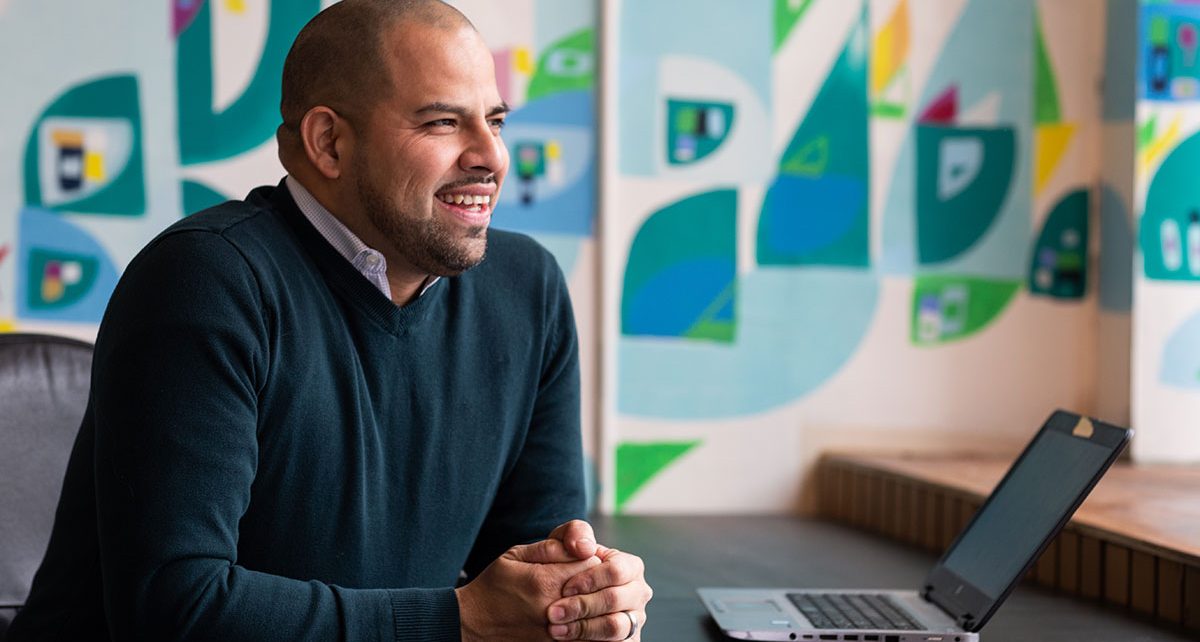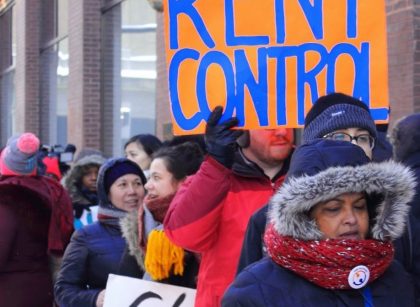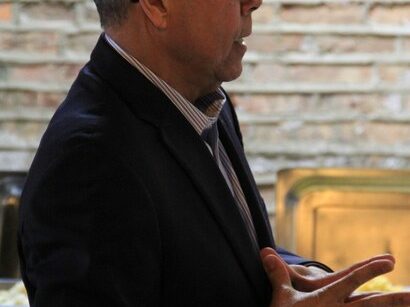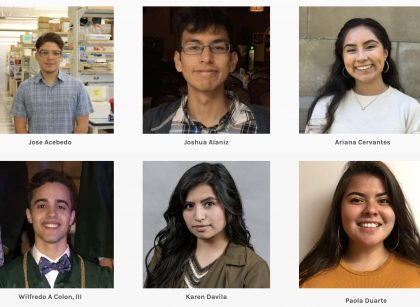
As the third largest city in the country, Chicago is vulnerable to the worst effects of pandemic outbreak and economic shutdown. Unfortunately, while the mayor’s office has been taking proactive measures overall, little effort has been made to communicate with the large population of Spanish-only speakers and undocumented immigrants who live in the city.
“We’re concerned about the amount of need,” Alderwoman Rossana Rodriguez, who represents Chicago’s 33rd ward, told Chicago Mundo Hoy. “People are contacting my office, saying: ‘We are human beings! We deserve to stay alive!’ In order for us to stay alive we need a roof over our heads money to get food, we need access to health care, these are things that are basic and not guaranteed.” Rodriguez noted this is especially true for multigenerational families and those with a criminal record.
Elected officials are taking several measures to increase language services during the pandemic. Rodriguez and Alderman Carlos Rodriguez-Rosa of Chicago’s 35th Ward are hoping to print a newsletter this week to leave on doorsteps, which will include contact information if Spanish speakers have questions about any specific services.
The City Council Latino Caucus is also coordinating with the Jane Addams Senior Caucus to advance language access and translation services around the city. The Kedzie Center on Chicago’s North Side is also providing mental health services to undocumented people and others without insurance.
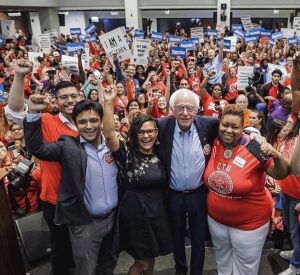
“Working folks face all of the different barriers,” Alderman Andre Vasquez of Chicago’s 40th Ward told Chicago Mundo Hoy. “It reminds me of my experience growing up. My parents were Guatemalan and I think now of families completely disconnected.” Vasquez has been hosting virtual ward nights and is working on how to make city funding available for residents who won’t have access to federal funding programs, such as the $1200 check.
Rodriguez noted that her own mother lives in a CHA building where there is no bilingual person on staff. “I can’t help but think about other people who might be alone,” Rodriguez said. “People who don’t have that kind of access and that is a real emergency.” In the coming weeks the CCLC is going to be reaching out to senior buildings and senior housings; over 200 volunteers that have signed up.
“We can satisfy their basic needs,” Rodriguez said. “Groceries, trips to pharmacies … we want to make sure people know that they are not alone. It’s a really hard time for everybody.”
A persistent language gap
It is difficult to estimate how many city residents depend on Spanish-only communication. Overall, Latinos make up nearly a third of Chicago’s 2.7 million population. It is estimated that there are over 300,000 undocumented workers in Cook County. A Pew research study from 2017 estimated that overall there were 1.4 million Spanish speakers in the Chicagoland metro area, of whom 77 percent spoke Spanish primarily in their home.
Rodriguez did note that Chicago was fortunate not to be subject to what he characterized as President Trump’s misinformation campaign and that Illinois Governor J.B. Pritzker and Chicago Mayor Lori Lightfoot have been proactive in taking the coronavirus seriously and enforcing social distancing. As such, ward offices have not yet had to contend with residents minimizing the crisis. Last week, the only issue Alderman Vasquez had to correct residents on was the belief that parking tickets would be waived.
“Clearly it is a challenge,” Vasquez said. “It is changing everybody’s way of life, how we govern, doing things remotely. Thankfully we’ve got our legs underneath us so we can maneuver a bit.”
Last week the caucus was briefed by Rep. Chuy Garcia of Illinois’ 4th District on how the federal bailout package might affect undocumented workers. Overall, Rodriguez was critical of the federal government’s response. “It is unbelievable in the richest country in the world we don’t have basic equipment for doctors, nurses and other people who save peoples lives,” Rodriguez said. “This is basic stuff we should have on hand and we don’t.”
- Amid Pandemic and Government Inaction, Chicago Tenants’ Rights Organizers Step Up - October 26, 2020
- Latino Caucus Members Push for Police Reform, Evictions Protection - August 26, 2020
- Carlos Ramirez-Rosa Leads the Latino Response to Coronavirus - April 20, 2020

